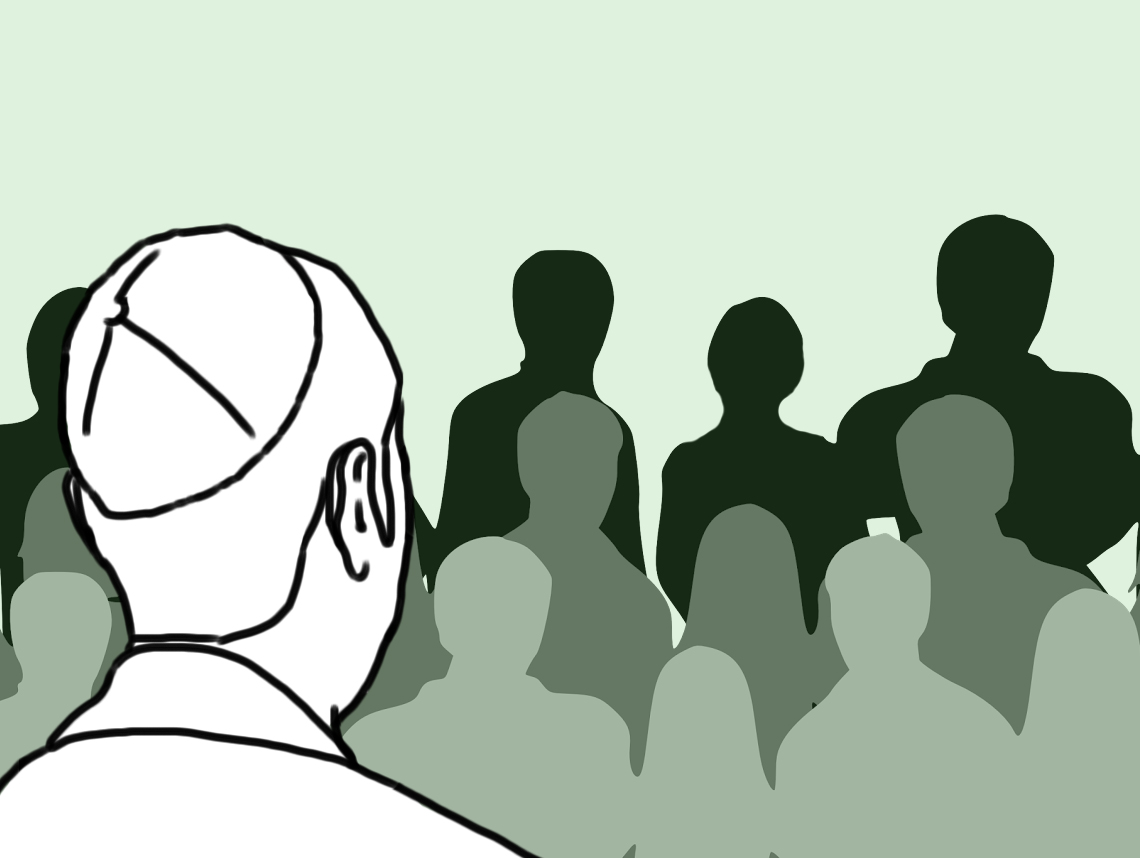
David Wolpe is a well-regarded rabbi who likes speaking out on public issues. So it is a little odd, to say the least, that he is now saying that rabbis *shouldn’t* speak out on public issues. This piece is deeply wrong, but it is wrong in interesting ways:
1) As alluded to above, Rabbi Wolpe doesn’t believe it himself. He very loudly attacked the Iran Deal two years ago, even though it was more of a technical issue far outside rabbinic competence (unfortunately revealed by his comments). He has given sermons on, for example, whether a mosque should be built near the 9/11 site. Somehow those are things to talk about, but, say, stripping 23 million people of health care to give a tax cut to billionaires is off-limits, or preserving the earth by fighting climate change must be ignored, or dealing with child refugees from Central America is unimportant. That silence speaks volumes. Put another way, Rabbi Wolpe is not staying out of politics: he is making a political decision about particular issues. That is his right, but then he should be upfront about it.
2) Rabbi Wolpe correctly says that he as well as other rabbis are besieged with requests to speak out or work on issues and they cannot engage with all of them. Absolutely. But rabbis are not unique on this: everyone has pressures on them, and everyone must pick their spots. I literally get dozens of petitions, fundraising appeals, and event invitations every week. I’m not so special, and neither are rabbis. It is one thing to say “I cannot be all things to all people.” It is quite another to say “I will be no things to anybody.” And that is particularly the case when the rabbi assumes the position of a public intellectual: he or she cannot do that and then protest that they should not be responsible for political opinions.
3) Most importantly, as Aryeh Cohen has pointed out, the piece seems to convey a narrow concept about what speaking and doing rabbinic politics means. If all Rabbi Wolpe is saying is that he does not want to harangue his congregation from the pulpit, more power to him: people come to shul to davven, not to sit through a political advertisement. As the older rabbi in the terrific Ben Stiller/Ed Norton movie “Keeping the Faith” says: “People want to be led: they do not want to be pushed.” But that is often the least relevant aspect of what rabbinic politics is.
Rabbis can use their non-pulpit time for political engagement. They teach students in religious and day school. They serve as an exemplar for civic participation: they need not demand “here is what you must do,” but they can show by their actions “here is what I am doing and why it is important to me.” Most importantly, they teach their congregation in many ways. We are too bound up with the Heschelian-prophetic model, which, as I think Rabbi Wolpe correctly fears, can quickly become self-righteousness. But a rabbi can work with congregants to engage the critical Jewish texts that bear on crucial public issues. Torah has things to say about these issues, sometimes appealing, sometimes appalling. Rabbis can learn *with* their congregations, and can say what they draw from the panoply of texts, traditions, and practices that comprise the history of our people’s engagement with God. If they present these materials and history in a rigorous and intellectually honest way, and reach a strong conclusion about it, then that is not “doing politics from the pulpit.” It is doing Torah. Indeed, if a rabbi isn’t doing that, one wonders what he or she IS doing and why they got into the business in the first place.
When the history of this era is eventually written, there will be a detailed record of what Jews and their clergy did during this age of democratic and moral decay. History’s view of those who take the attitude that it was not something for them to get involved with will not be positive.
Jonathan Zasloff is professor of law at UCLA, where he teaches, among other things, property, international law and Pirkei Avot. He is also a rabbinical ordination candidate at the Alliance for Jewish Renewal.








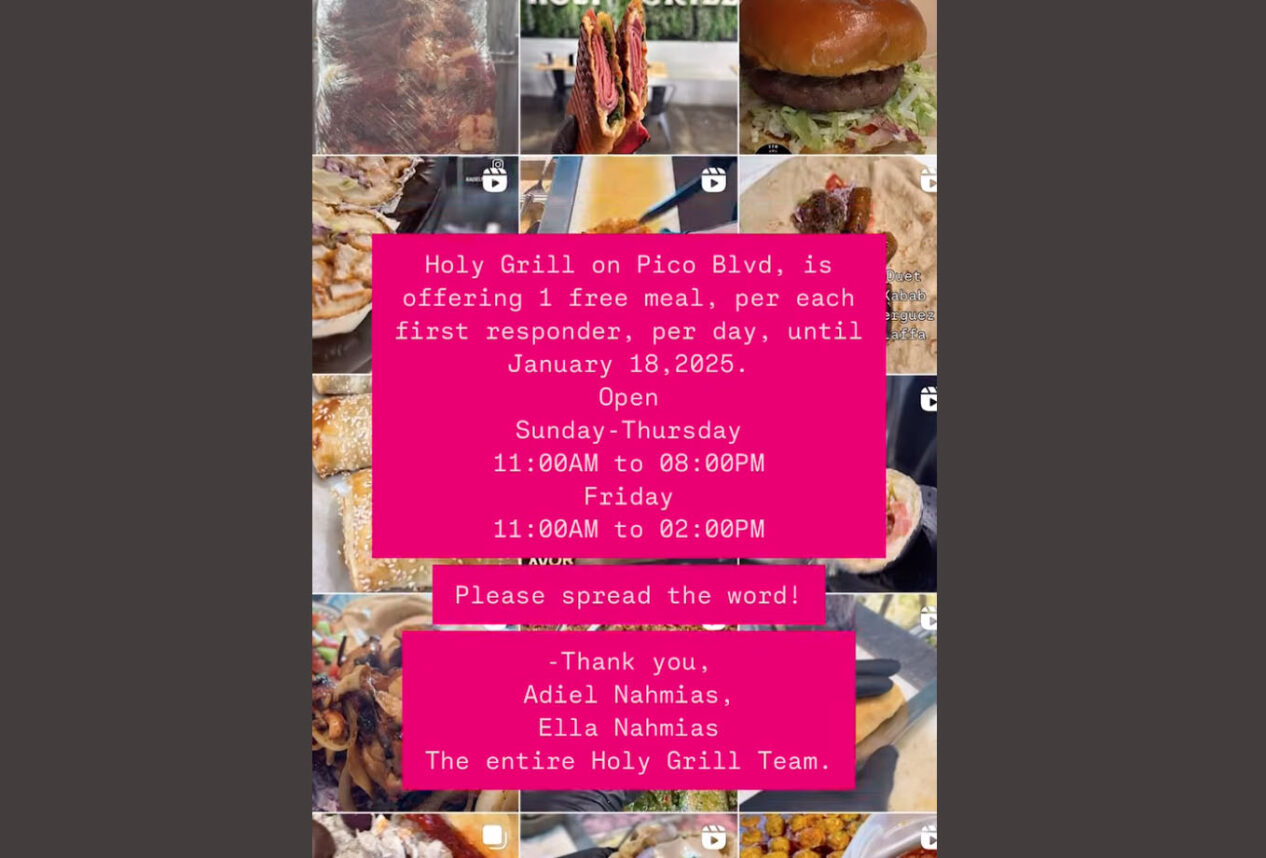
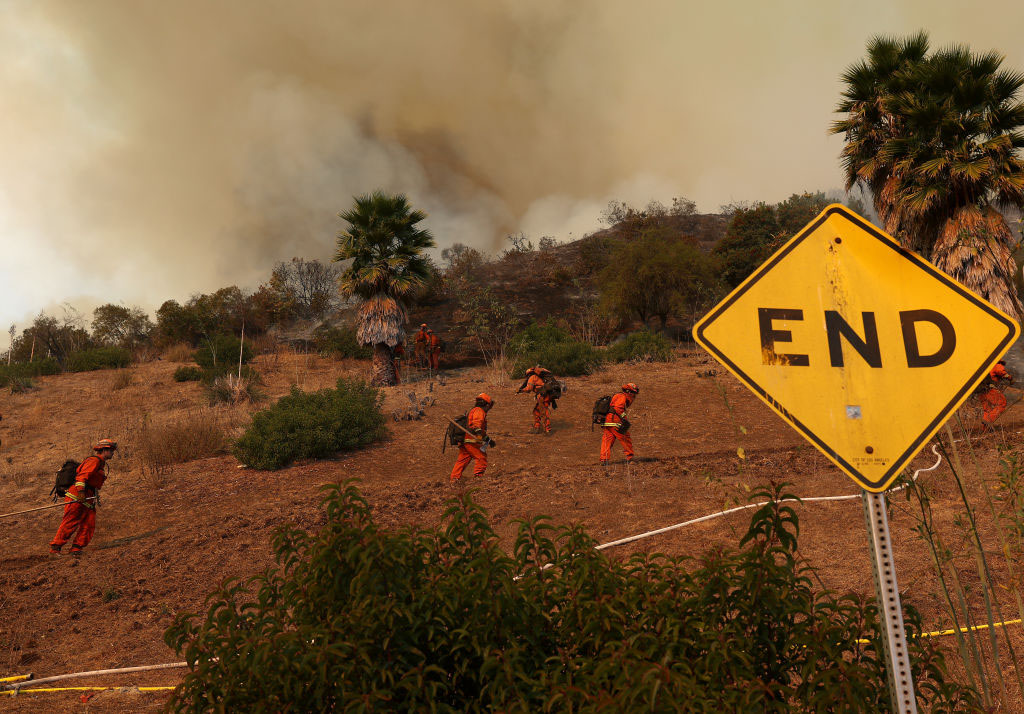
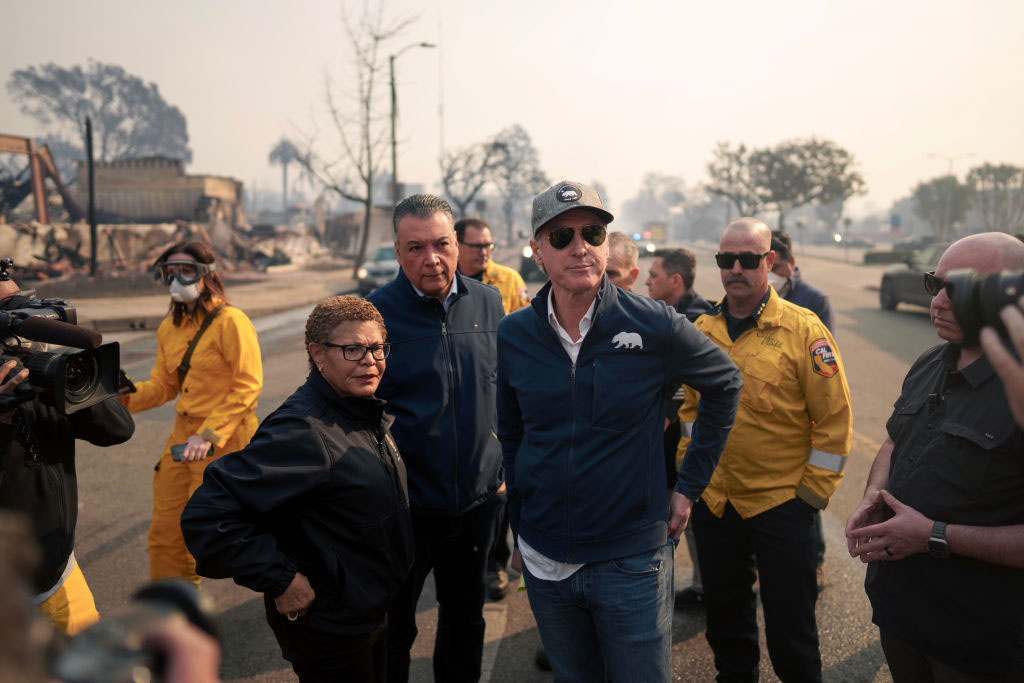
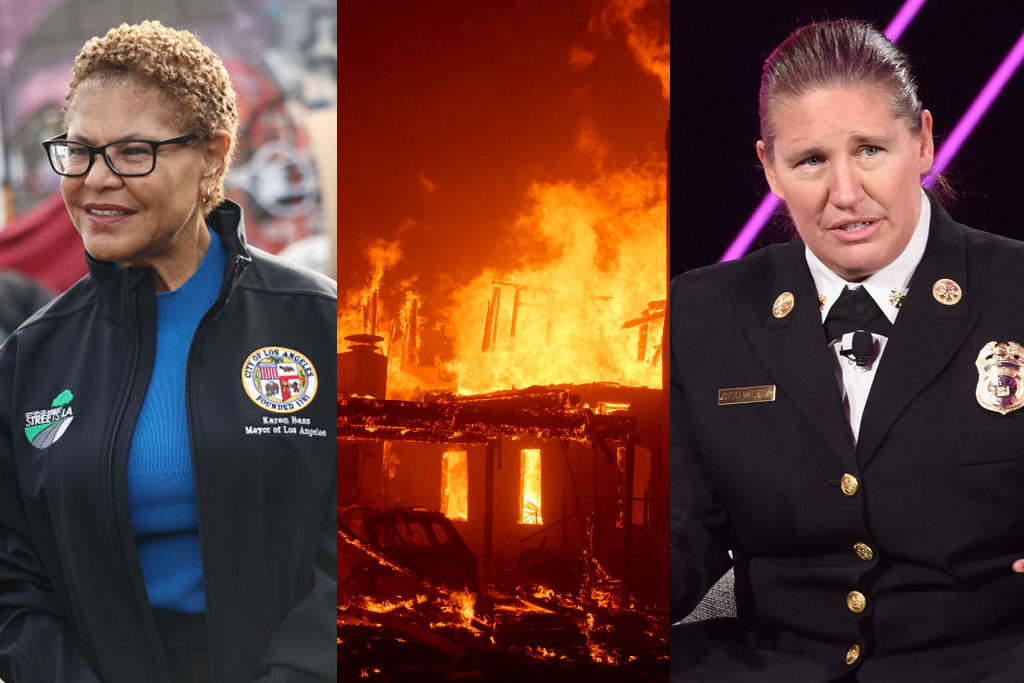

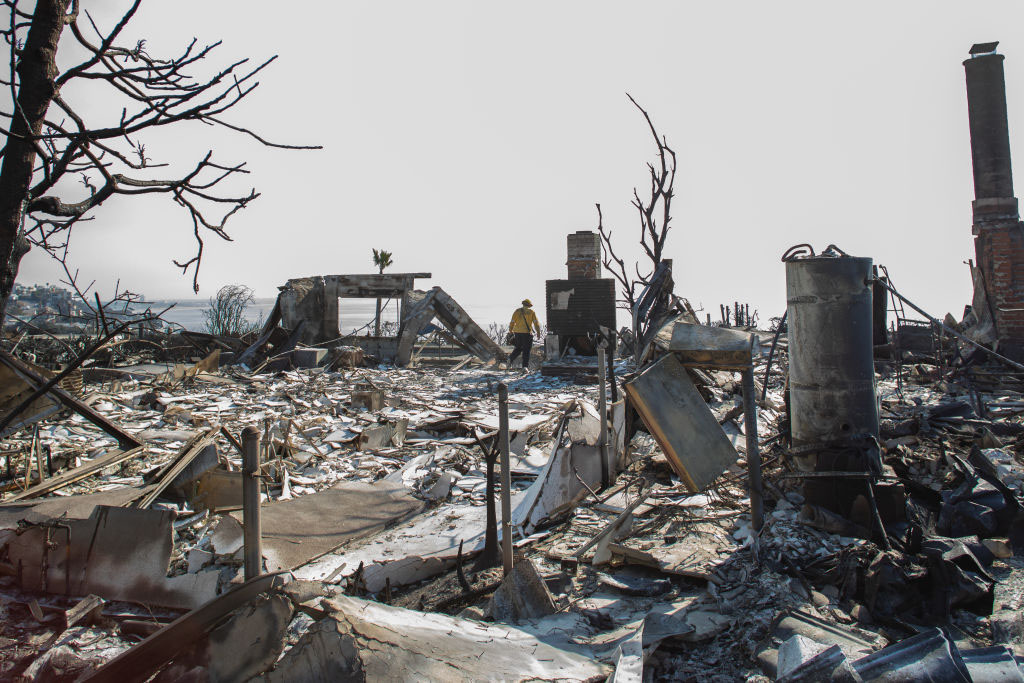
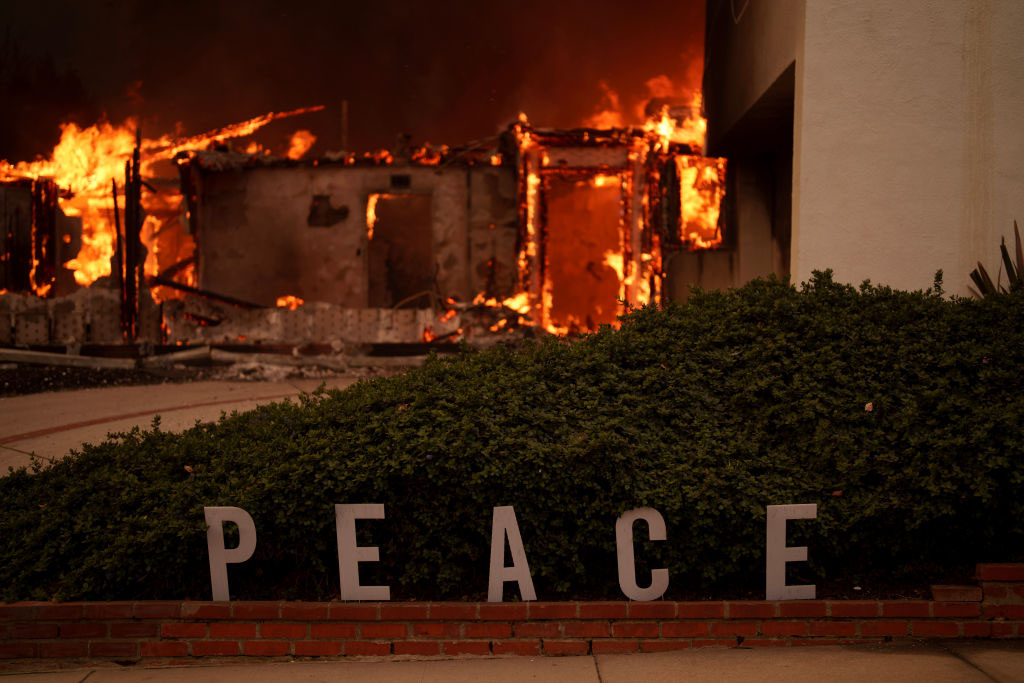
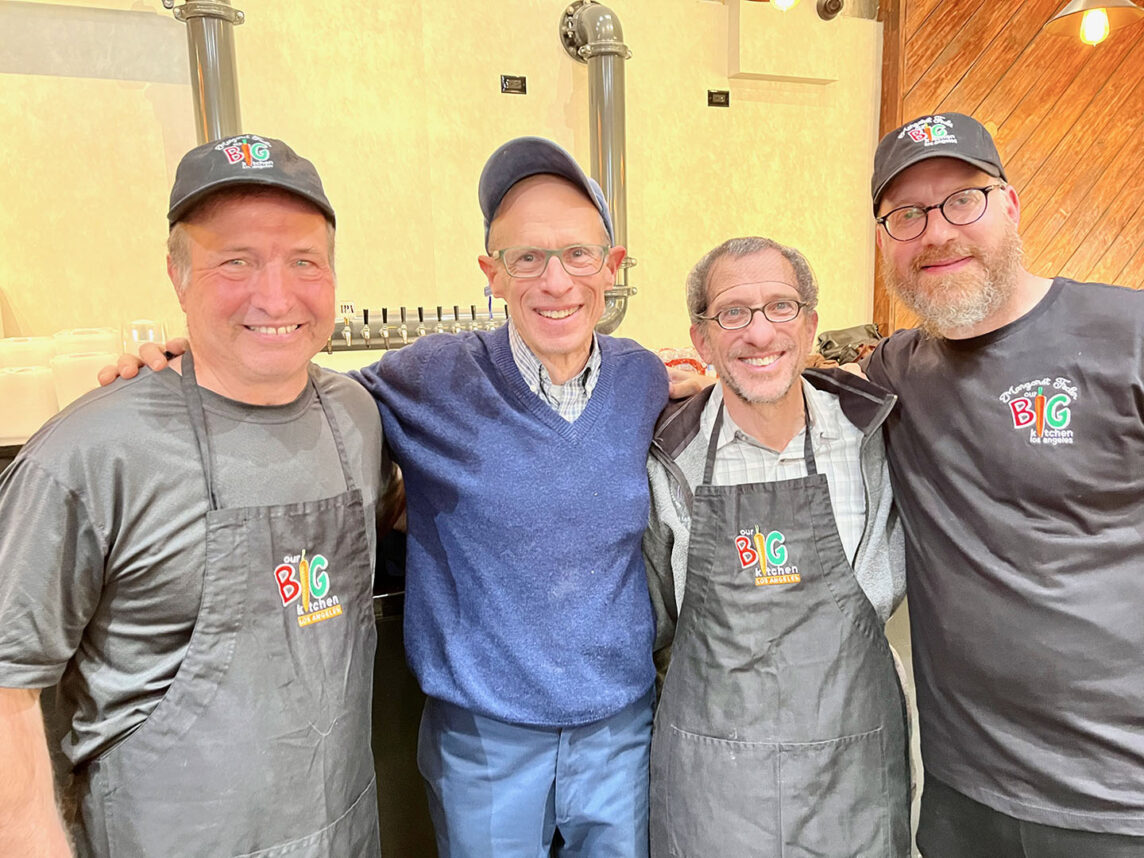
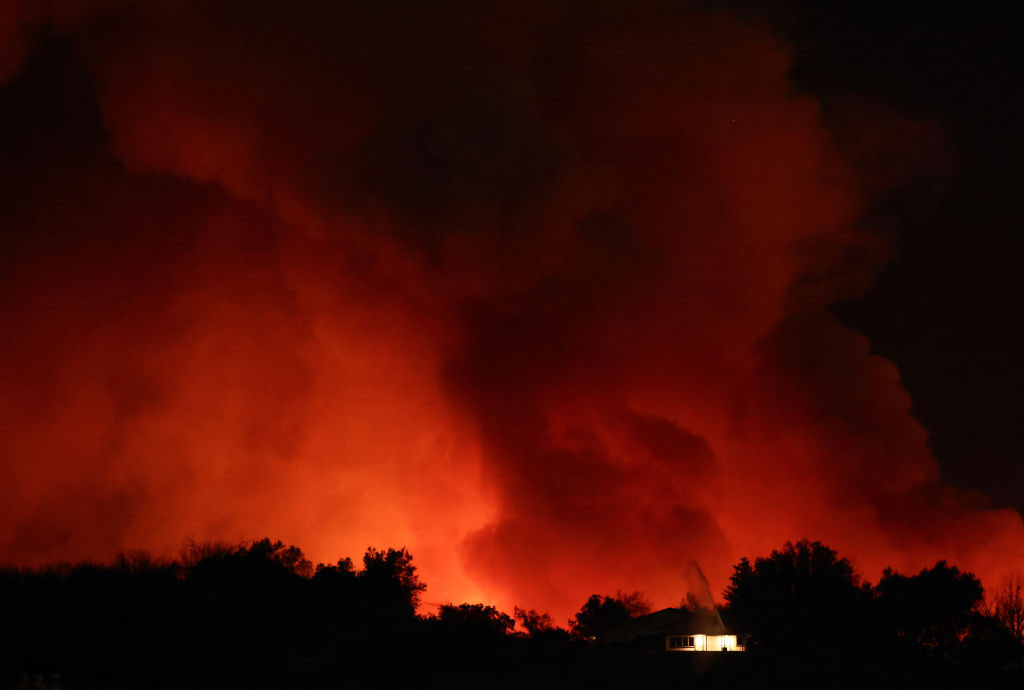




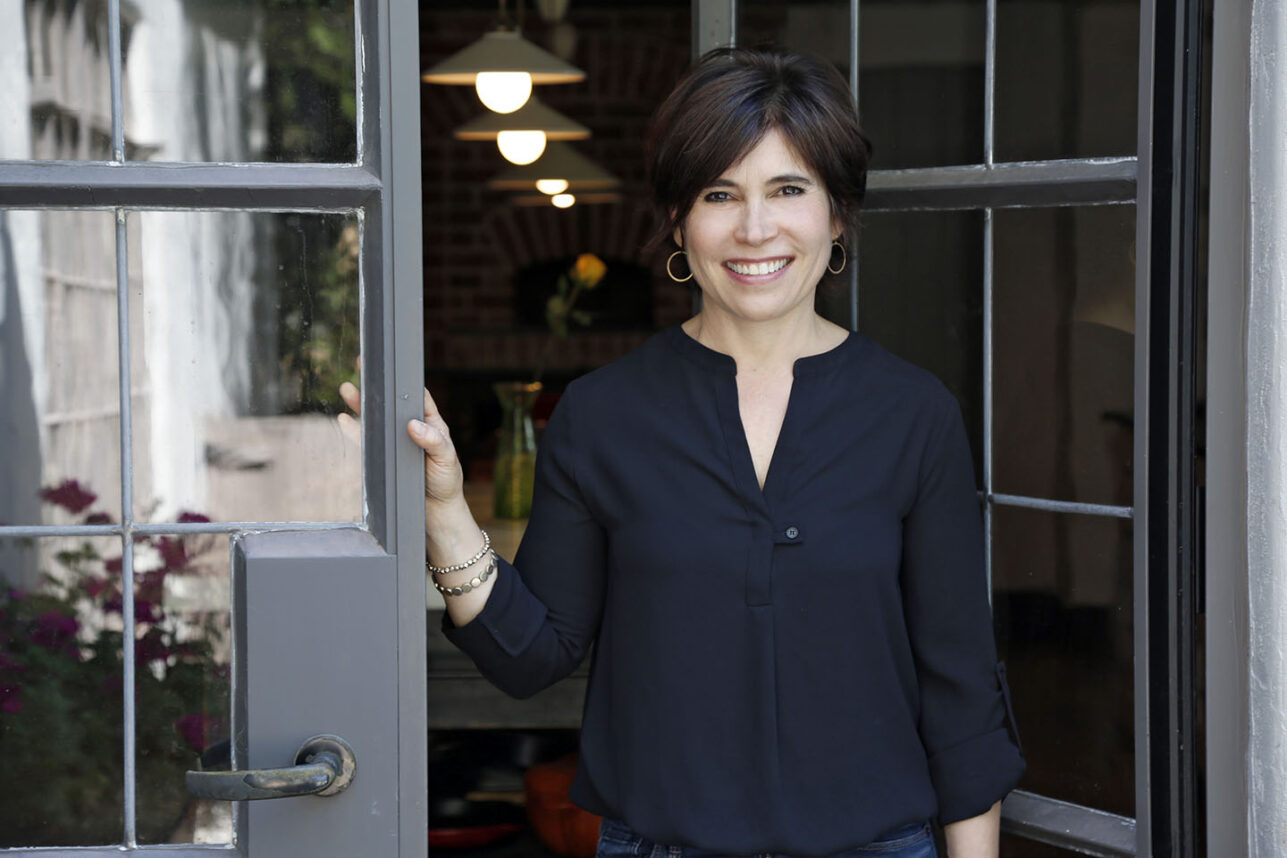


 More news and opinions than at a Shabbat dinner, right in your inbox.
More news and opinions than at a Shabbat dinner, right in your inbox.